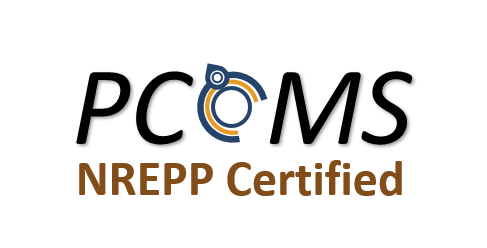
Japan, Sweden, Norway, Denmark, Germany, France, Israel, Poland, Chile, Guam, Finland, Hungary, Mexico, Australia, China, the United States…and many, many more. What do all these countries have in common? In each, clinicians and agencies are using the ORS and SRS scales to inform and improve behavioral health services. Some are using web-based systems for administration, scoring, interpretation and data aggregation (e.g., myoutcomes.com and fit-outcomes), many are accessing paper and pencil versions of the measures for free and then administering and scoring by hand.
Even if one is not using a web-based system to compare individual client progress to cutting edge norms, practitioners can still determine simply and easily whether reliable change is being made by using the “Reliable Change Chart” below. Recall, a change on the ORS is considered reliable when the difference in scores exceeds the contribution attributable to chance, maturation, and measurement error. Feel free to print out the graph and use it in your practice.
To learn how to get the most out of the measures, be sure and download the six FIT Treatment and Training Manuals. The six manuals cover every aspect of feedback-informed practice including: empirical foundations, basic and advanced applications (including FIT in groups, couples, and with special populations), supervision, data analysis, and agency implementation. Each manual is written in clear, step-by-step, non-technical language, and is specifically designed to help practitioners and agencies integrate FIT into routine clinical practice. Indeed, the manuals were submitted as part of ICCE’s application for consideration of FIT as an “evidence-based practice” to the National Registry of Evidence-Based Programs and Practices

.png)



